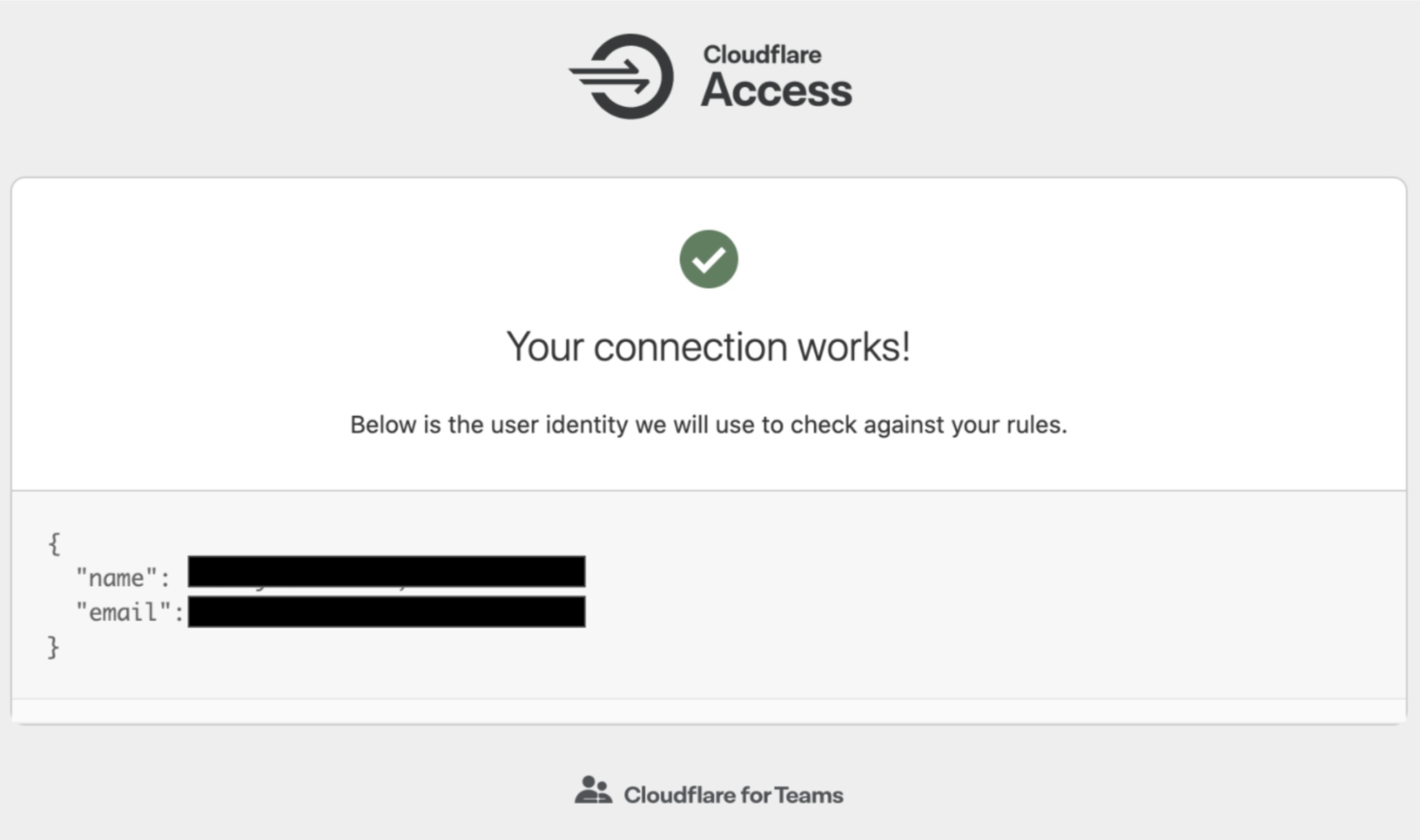SSO integration
Cloudflare Zero Trust allows you to integrate your organization’s identity providers (IdPs) with Cloudflare Access. Your team can simultaneously use multiple providers, reducing friction when working with partners or contractors.
Adding an identity provider as a login method requires configuration both on the Zero Trust dashboard and with the identity provider itself. Consult our IdP-specific documentation to learn more about what you need to set up.
Set up IdPs on the Zero Trust dashboard
-
On the Zero Trust dashboard, navigate to Settings > Authentication.
-
In the Login methods card, click Add new.
-
Select the identity provider you want to add. You can add multiple providers of the same type.
-
Fill in the necessary fields to set up your identity provider.
Each identity provider will have different required fields for you to fill in. If you need help, step-by-step instructions can be expanded below the input form.
If you do not see your identity provider listed, but they support SAML or OAuth, these providers can typically still be enabled. If they support SAML select the SAML option. If they support OAuth select the OpenID Connect option.
- Once you have filled in the necessary fields, click Save.
Your IdP will now be listed in the Login methods card.
Test IdPs on the Zero Trust dashboard
To test if an IdP is correctly configured, navigate to Settings > Authentication. Next, click Test next to the IdP you would like to test. This will attempt to connect to the IdP to verify if a valid connection is established.
Your provider is connected
If your provider is connected, another window will open in your browser, with this message:

Your provider is not connected
If your provider is not connected, another window will open in your browser. Along with an error message, you will receive a detailed explanation of why the test has failed.
Using The API
We recommend that you use our dashboard to configure your identity providers. However, if you would like to use the Cloudflare API, each of the identity provider topics covered here include an example API configuration snippet as well.